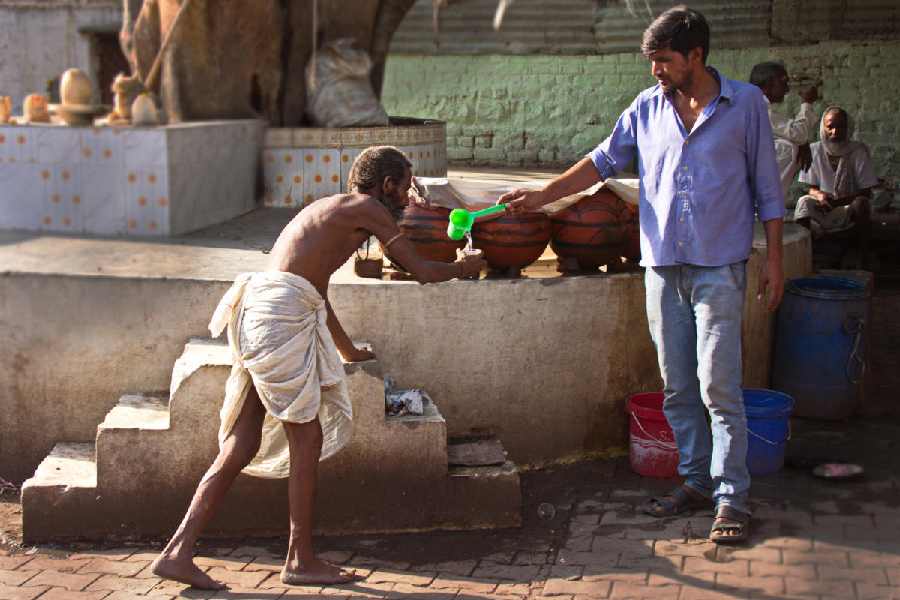Dalits in Bihar continue to suffer from poor access to education, employment and resources, according to a report released by a civil society organisation ahead of the Assembly polls in the state.
Although parties espousing the Dalit cause have remained with the power grid in the state in the form of the Congress, the RJD and subsequently the JDU, the report titled “Bihar: What Dalits Want” shows that the historically marginalised community has not benefited from it.
The emergence of caste-based parties such as the LJP and the HAM, coupled with the social engineering of chief minister Nitish Kumar, fragmented Dalit votes and further weakened the community.
Brought out by the National Confederation of Dalits and Adivasi Organisations (NACDOR), the report includes a charter of 20 demands for political parties to include in their manifestos for the upcoming elections.
The report states that the literacy rate for SCs in Bihar stood at 56 per cent against the national rate of 66 per cent for the community, according to the 2011 census. The situation is particularly grim among Musahars, whose literacy rate is below 20 per cent — the lowest among any caste group in the country.
Even though Dalits constitute 19.65 per cent of Bihar’s population, they make up only 5.6 per cent of faculty and students in higher educational institutions. In government jobs, Dalits account for 1.3 per cent of total employees, far below their entitled quota of 15 per cent.
The absence of monitoring mechanisms under the Scheduled Caste Sub-Plan, a budgetary provision of funds for the welfare of Dalits, has weakened accountability for equitable budget allocation, the report added.
Quoting the National Family Health Survey-5, the report pointed out that the infant mortality rate was 55 per 1,000 live births for Dalits in Bihar between 2019 and 2021 compared with 47 for the entire population of the state and 37 for the nation. The maternal mortality rate for Dalits was 130 per 1 lakh live births against 118 for the overall state population and the national average of 97 during the same period. Poor sanitation, undernutrition and discrimination at public health centres exacerbated health risks for Dalits, the report said.
Dalits own just 0.57 million hectares of the 6.45 million hectares of farmland in Bihar, amounting to less than 10 per cent. The share of the state budget dropped from 2.59 per cent in 2013-14 to just 1.29 per cent for SCs, STs and OBCs in 2025-26. Between 2010 and 2022, Bihar recorded 85,684 cases of atrocities against Dalits.
NACDOR demanded the setting up of a committee under the chief minister to monitor the social, educational, and economic development of SCs, STs and OBCs.
The report also underlined the need for an educational inclusion scheme with adequate budget and human resources to facilitate quality education for SC/ST kids. It recommended a state-level monitoring committee under the chairpersonship of the Chief Justice of Patna High Court to prevent atrocities against SC/STs. It demanded that all government recruitments and promotions ensure proportional reservations for SC/STs in line with the Bihar Caste Survey. The report also demanded allotment of land to the landless for building dwelling units.

